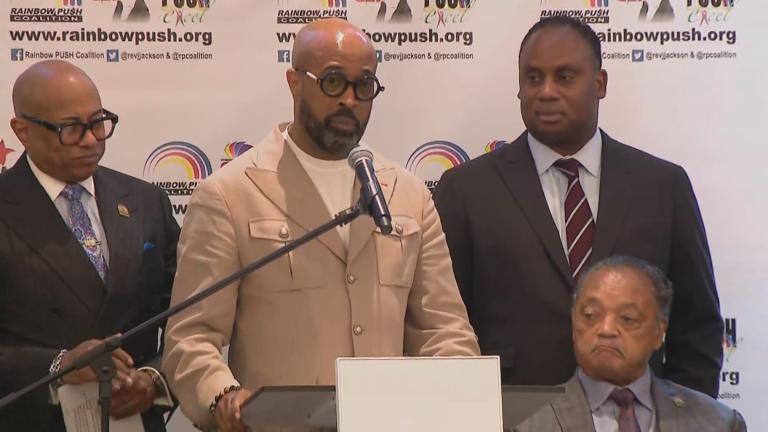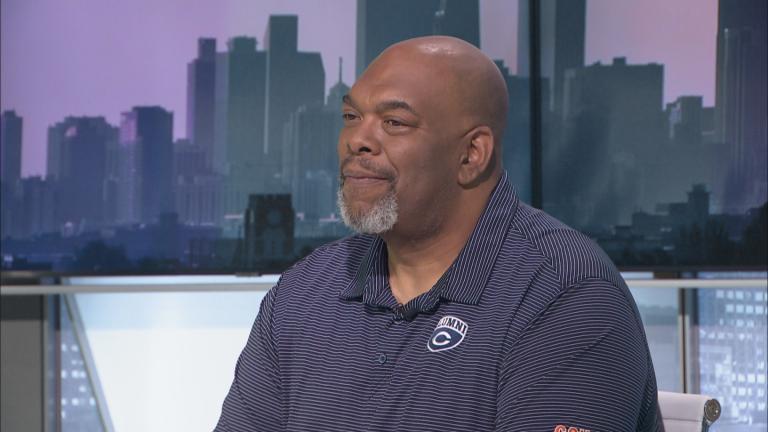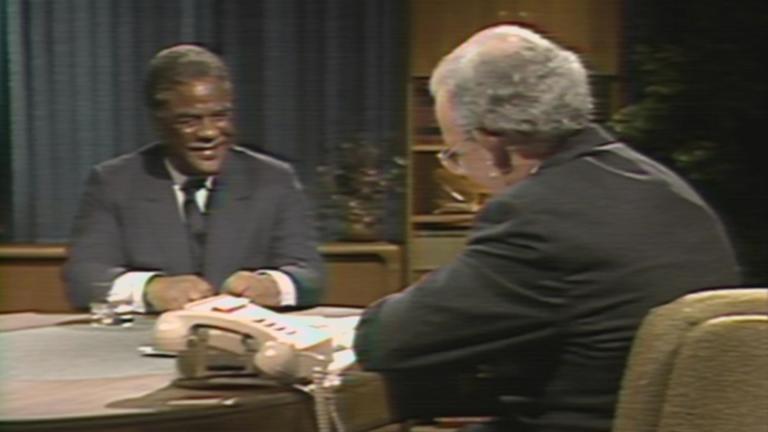In “Fool Me Once: Scams, Stories, and Secrets from the Trillion-Dollar Fraud Industry,” DePaul University forensic accounting professor Kelly Richmond Pope explores the many forms fraud can take and the sometimes surprising stories of the people who perpetrate it.
The book breaks perpetrators of fraud into categories — intentional, accidental and righteous — and also focuses on the types of whistleblowers who revealed instances of fraud.
“I wanted to offer a new way of thinking about a perpetrator because everyone doesn’t steal for money,” Richmond Pope said. “You could be an accidental perpetrator, which you might make a mistake and find yourself in a fraud, or you could be a righteous perpetrator.”
The book also details scenarios in which everyday people commit minor forms of fraud to encourage readers to rethink their ideas around what fraud is.
“If you are at work and you need to make some photo copies for your kid’s birthday and you just use the copier machine or you decide that you’re going on vacation to a conference and you’re going to take all your friends, they’re going to stay in your hotel room or you don’t even go to the conference, you register, you don’t even show up — those are forms of fraud, too,” Richmond Pope said. “I wanted people to realize this is us. We all can rationalize things that we want.”
For the average person hoping to avoid becoming a victim of fraud, Richmond Pope has some simple advice.
“If there’s smoke, there’s fire, and so just follow your gut,” she said. “Take the time to read, take the time ask questions. If you’re an organization, make sure all the internal controls that you have work because there is someone in your organization that’s probably thinking about how to defraud you.”
Read an excerpt from the book below.
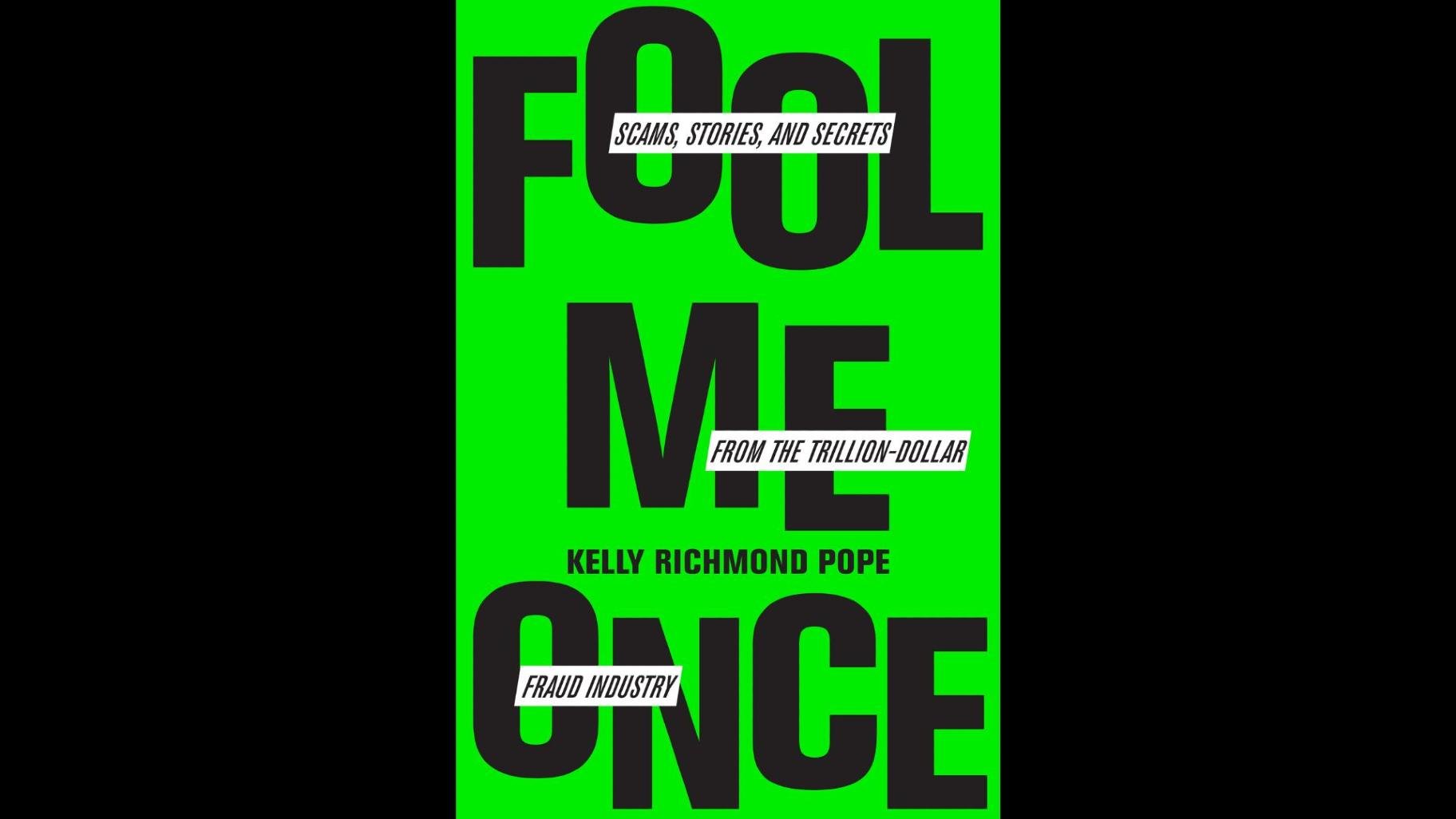 “Fool Me Once: Scams, Stories, and Secrets from the Trillion-Dollar Fraud Industry” by Kelly Richmond Pope.
“Fool Me Once: Scams, Stories, and Secrets from the Trillion-Dollar Fraud Industry” by Kelly Richmond Pope.
Big Little League from Fool Me Once
All of Chicago was obsessed with the Jackie Robinson West (JRW) Little League team debacle in 2014.
The JRW team comprised twelve- and thirteen-year-old African American kids from the south side of Chicago. Or at least, that’s how old they were supposed to be. In reality, thanks to a bit of gerrymandering, a handful of older kids were on the team. Jackie Robinson West won the 2014 US Championship before being defeated by the South Korea team in the World Championship.2 Still, a huge pep rally featuring several higher-ups from the Cubs and White Sox was held at Millennium Park for the team. They received over $300,000 in donations. President Barack Obama invited them to the White House.
But something smelled funny to Little League coach Chris Janes. Janes lived in the neighboring town of Evergreen Park; the team he coached had lost to JRW much earlier in the series.3 When the Jackie Robinson kids won, Janes noticed that some suburban com- munities outside of the JRW boundaries had bragged about being the hometowns of some of the players. As the publicity increased, so did the number of communities claiming the kids to be from their areas. This didn’t make sense to Janes, so he began investigating the players’ backgrounds.
After the team won the 2014 Little League World Series, Janes approached Patrick Wilson, the Little League vice president of operations, and told him about the impropriety.4 Wilson ignored him and later publicly humiliated Janes and his family. Janes received death threats. He sued Little League International.5
Three months later, Little League International took back the title, saying JRW and its administrator falsified a boundary map to place players on the team who shouldn’t have been on the team be- cause they “lived outside the team’s boundaries.”6 Eventually, Little League International stripped the team of its US championship and kicked it off the Little League.7
As a parent of student-athletes, a whistleblower researcher, and a self-proclaimed vigilante (which you’ll hear about further below), I couldn’t stop thinking about this story.
I was torn. I was furious at the coaches and parents who perpetrated the scam. And I felt awful for Janes, who received death threats for speaking up. But who was really wrong here? Was Janes wrong for reporting what he saw? Or were the coaches wrong for bending the rules to build a more powerful team?
I understood the ire. All of Chicago had celebrated the JRW win. I was extremely proud of the win, but we can’t lose sight of the actions of a few adult coaches that led us to this discussion in the first place. And I felt terrible that these kids—innocent bystanders!—were victims of a few adults’ actions. But there’s always collateral damage when fraud occurs. Innocent bystanders who either lose their jobs (like the thousands of Enron employees) or lose their life savings (like Mary West and the other victims in the James Bailey Ponzi scheme case, which I discussed in chapter 4) often suffer greatly due to other people’s selfishness.
But it’s real, and adults are at fault—and so is a larger culture that puts a misguided value on winning at all costs. I wrote a blog about the case on Forbes.com.8 I also talked about it with my students. I wrote on the chalkboard: “What does society think of whistleblowers versus what people think of whistleblowers?” Then I invited them to come to the board and write down the first words that came to mind (see table 8-1).
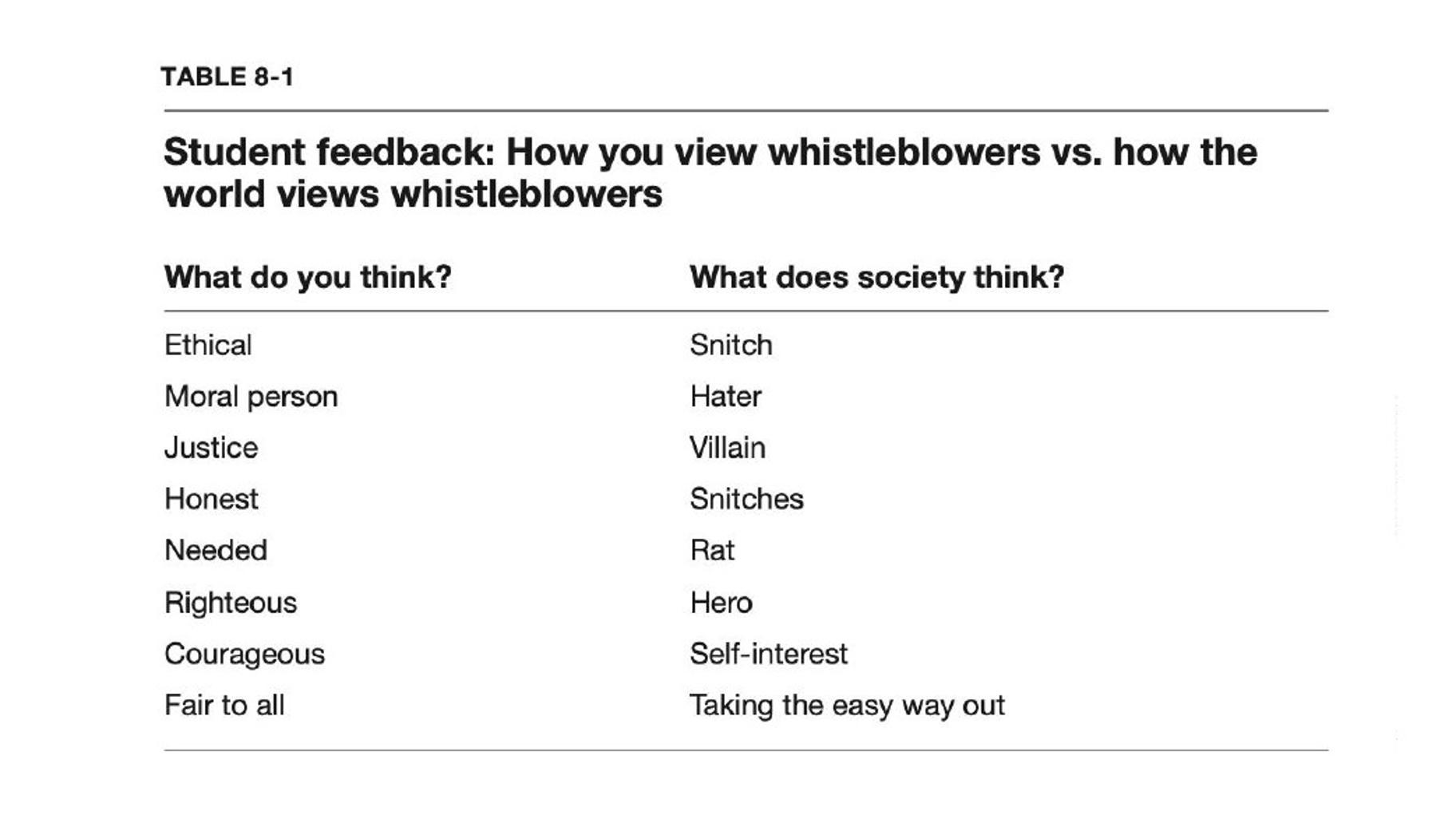
There it was, the Whistleblower Dilemma in plain chalk. What made it even more interesting was that I had also invited a visitor: Chris Janes—the whistleblower himself—along with journalist Mark Konkol. Konkol had read my Forbes blog and contacted me.9 He wanted to witness my students debating the issue in person. As an added bonus, he would bring Chris Janes.
Chris looked like a hard-nosed, no-nonsense coach: 6’2” with a buzz cut and athletic dad bod. He listened silently as I laid out the facts of the case, and my students debated with him. Half the class sided with him (“He was following the rules!”), and the other half thought he was a colossal snitch.
Finally, it was his turn to speak. He came to the front of the room and leaned against my desk. “What would you do if you lost a game to someone who was breaking the rules? All I did was raise the question.”
My students tentatively raised their hands.
“I’m not sure!” said Venus.
“I’d report it to someone in charge,” said Michael.
“I wouldn’t be a sore loser,” said James.
Chris took it all in and nodded. “Fair is fair,” he said. He explained that he wasn’t a racist, which several people accused him of being. He said his wife was African American and his children were interracial. He said that he’d had death threats and that his family had taken a lot of heat because of his actions. But he hadn’t seen any other way. “Fair is fair,” he said. Also, people were upset about the JRW kids being stripped of their title. But what about the kids who had lost unfairly?
The JRW parents filed a lawsuit against Little League Inter- national, claiming that officials should have figured out that the residency problems existed before the team became a national phenomenon. They also maintained that JRW treasurer Bill Haley submitted false documents to league officials after complaints from coaches of one of JRW’s early-round opponents prompted an investigation.
The lawsuit argued that Little League officials should have ignored a complaint filed by Janes and other coaches from Evergreen Park in December 2014—months after JRW lost the international championship game to South Korea—because league rules stipulated that Evergreen Park had to make their challenge before JRW played their next game.10 The lawsuit was settled for an undisclosed amount. Filmmaker Kevin Shaw (Let the Little Light Shine, American to Me, City So Real) is making a documentary entitled One Golden Summer, which chronicles the scandal.
Reprinted by permission of Harvard Business Review Press. Excerpted from Fool Me Once: Scams, Stories, and Secrets from the Trillion-Dollar Fraud Industry by Kelly Richmond Pope. Copyright 2023 Kelly Richmond Pope. All rights reserved.


